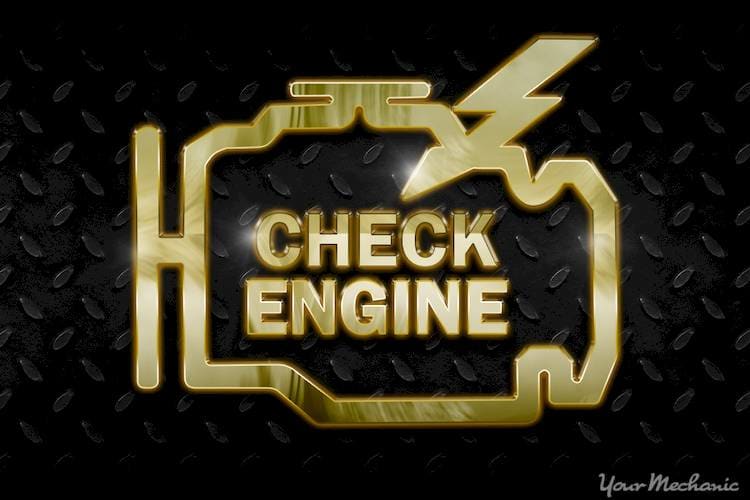P0175 code definition
P0175 System Too Rich (Bank 2)
What the P0175 code means
P0175 indicates that the Engine Control Module (ECM) detects too much fuel and not enough oxygen in the air fuel ratio (AFR). This code will set when the ECM can not compensate for the amount of air or fuel required to return the air fuel ratio back to the set parameters.
For gasoline powered engines, the most fuel efficient and cost efficient air fuel ratio is 14.7:1, or 14.7 parts air and 1 part fuel. This ratio also creates the maximum amount of power during the combustion process.
The combustion process is very simple yet fragile. In most vehicles, there are four to eight combustion chambers within the engine. Air, gasoline, and spark are all delivered to the combustion chambers to create an “explosion” (better known as combustion). The spark is delivered to each combustion chamber a nanosecond after the air and fuel reaches the chamber to ignite it. There is a piston in each combustion chamber; each piston is forced down by the combustion at a rapid rate, and at different times.
The difference in the timing of each piston is determined by the air fuel ratio and the timing of the engine. Once the piston is down, it must return to the up position in time for its next combustion process. The piston is forced back up little by little each time one of the other cylinders undergoes its own combustion process because they are all connected to a rotating assembly known as the crankshaft. It’s almost like a juggling effect; at any given time, one piston is on its way up, while another one is at its peak, and another piston is on its way down.
If something in this process goes out of sequence, internal engine components will work harder and work against each other, or the engine may even not run at all. In the case of code P0175, there will likely be higher gas consumption, as the ECM has detected that there is too much fuel being used.
What causes the P0175 code?
- A clogged, stuck, or leaking fuel injector
- Faulty fuel regulator
- Dirty or faulty mass air flow sensor
- Faulty coolant temperature sensor
- Faulty thermostat
- ECM needs reprogramming
- Dirty or faulty oxygen sensor
- Vacuum leak
- Fuel delivery problem
- Incorrect fuel pressure
What are the symptoms of the P0175 code?
- Increased fuel consumption
- Soot or black residue from exhaust
- Check Engine Light illumination
- Strong exhaust odors
How does a mechanic diagnose the P0175 code?
Checks the fuel pressure
Inspects the fuel injectors for restrictions
Checks fuel injector pulse
Examines the fuel lines for pinches or cracks
Inspects all vacuum lines for cracks and deterioration
Inspects the oxygen sensors
Uses a scan tool to read the engine temperature, then compares the findings to an infrared thermometer
Common mistakes when diagnosing the P0175 code?
How serious is the P0175 code?
A system that is running too rich will force the catalytic convertor to filter out more pollutants, which will shorten the lifespan of the catalytic convertor
The resulting increased gas consumption could be very expensive
Improper air fuel ratio causes the engine to work harder, which will shorten the lifespan of the engine
The engine will create increased levels of harmful pollutants
What repairs can fix the P0175 code?
I strongly suggest verifying that the cooling system of the vehicle is working correctly. If the vehicle is running abnormally cool, the engine will always run in a rich condition. This is because the ECM is designed to run at a rich rate when cold to help warm the engine up faster. If the coolant temperature sensor is faulty or the thermostat is stuck open, the vehicle may never reach a warm temperature, which will cause it to always run in a rich condition.
Need help with a P0175 code?
YourMechanic offers certified mobile mechanics who will come to your home or office to diagnose and repair your vehicle. Get a quote and book an appointment online or speak to a service advisor at 1-800-701-6230.
Check Engine Light
trouble codes
P0175
No more waiting rooms! Our mechanics will come to you to diagnose and fix the P0175 code.





